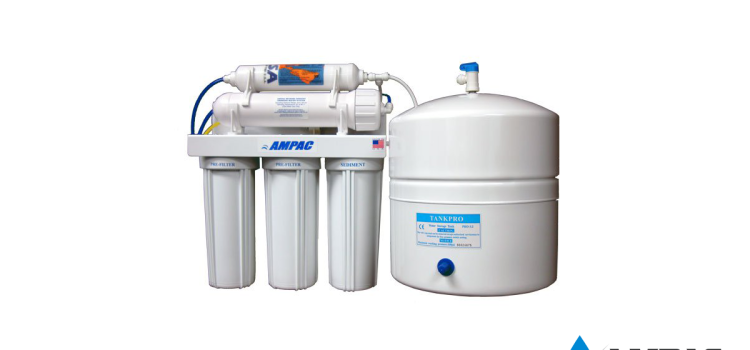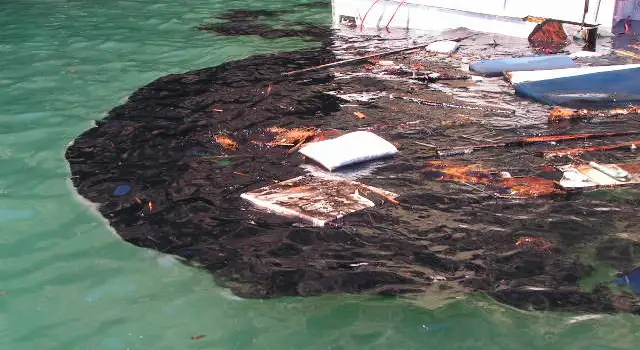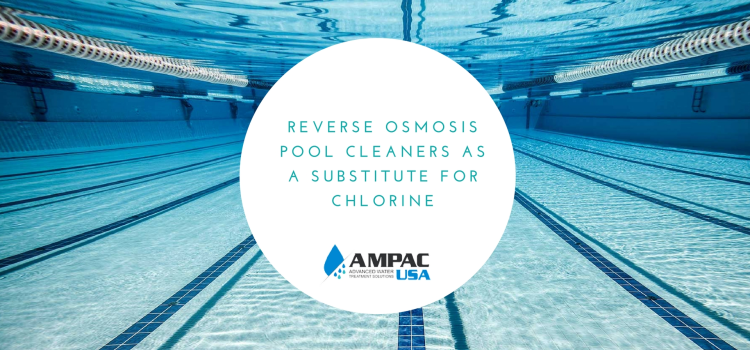Last updated on March 29th, 2025 at 01:32 pm
Reverse Osmosis has proven to be a highly effective process for the elimination of contaminants from water. This process which was discovered around 300 years ago finds a variety of applications and is extensively used for household, commercial and industrial requirements. From simple filter systems which provide safe drinking water in our houses to giving a higher quality level of water in industries like Food and Military, reverse osmosis filter systems can be found practically anywhere.
The process which has proven effective for low scale water treatment has various large scale applications too.
The advantages of these systems vary in every industry. The huge systems built to facilitate this process have maximum efficiency and is capable of eliminating up to 99% of total dissolved salts. Because of the structure of its membrane, these systems are widely used for desalination purposes as they are highly effective in preventing salt molecules from passing through. For a large-scale industrial level filter system, no special permit or particular chemicals are required unless there is a requirement of a particular water profile. The systems are very easy to deal with and are hassle free with low maintenance time and costs. Moreover, one of the best reasons to get these systems in place is that these are environment-friendly and almost completely harmless.
These giant systems do come along with a few cons. The systems do need to be made ready for the water treatment and it is done with chemicals and carbon filters. One of these procedures is dechlorination of water as not only they can destroy the membrane, but will also remain in the treated water. Chemicals to clean the membrane, keep it intact and prevent the scaling are important before water treatment to achieve a high level of effectiveness. There are some kinds of water types which cannot be treated and these include water having higher levels of Barium or Silica. These elements cause scaling making the whole process futile. The water also has to be free of any suspended particles which are missed by carbon filters and can block the pores of the membrane. Apart from this, Industrial reverse osmosis systems have a limited range of temperature than other processes. Reverse Osmosis systems being highly efficient at removing maximum contaminants also means that it has a low passage rate. As in the amount of water rejected is much greater in these systems and less acceptance.
Reverse osmosis systems are getting advanced from time to time and will overcome the challenges they face. Though the process has a number of limitations, its advantages outrun those easily. Which is why this process is still in use globally in every industry.










